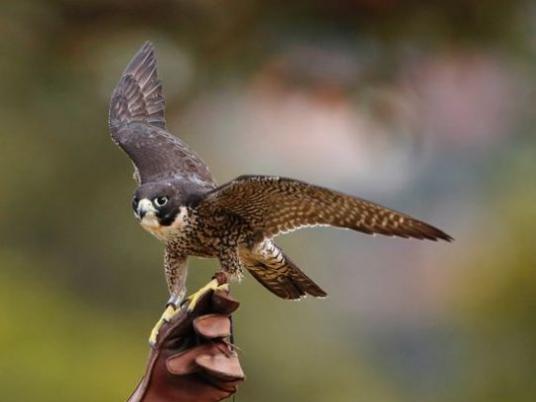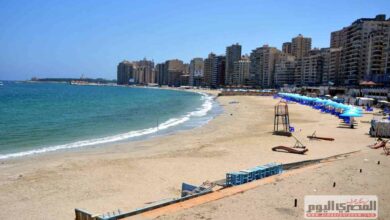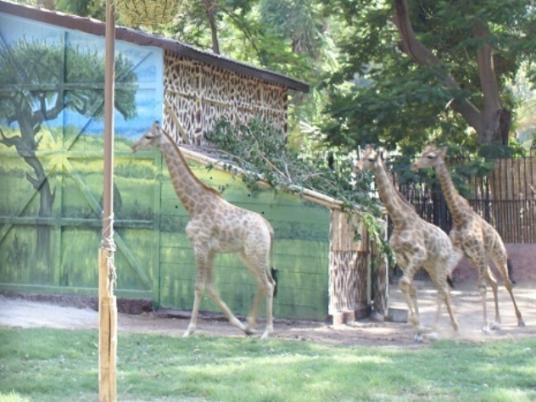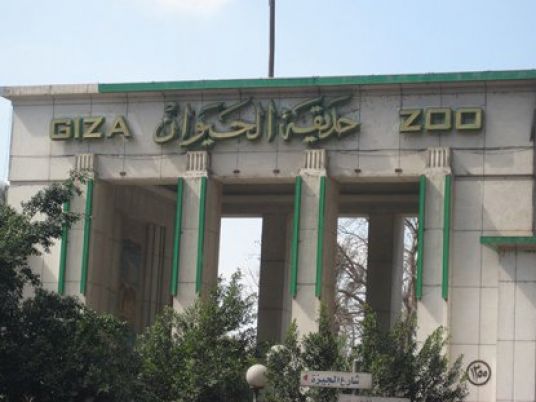
Eleven falcons that had been seized by airport customs in September were released into the wild on Wednesday after spending over a month in the Giza zoo, which acts as a rescue center in cases of illegal animal trade.
Of the initial 17 prey birds that were intercepted at Cairo airport on 9 September, six died during their stay in the zoo.
According to witnesses and press reports, the airport authorities apprehended a passenger whose luggage looked suspect. Inside, they found the falcons drugged and squeezed together, in contradiction with Egypt’s environmental law prohibiting the trade of wildlife.
After putting pressure on the authorities to immediately release the birds from the zoo enclosures into the wild, Dina Zulfikar and other animal welfare activists finally succeeded in liberating the surviving animals.
“This is a great victory,” declared Zulfikar, adding that this is rare instance of wild animals being transferred from the zoo back to the wild.
According to the Convention on International Trade in Endangered Species (CITES) that Egypt signed in 1978, any seized or confiscated animal must be transferred to designated sanctuaries that act as rescue center and be examined by an expert before being released in nature.
Nature Conservation Egypt, a branch of the EEAA, and the Giza zoo wildlife department are responsible or releasing the birds, a move that came after a six-week long campaign orchestrated by online activists.
The location where the falcons were released is kept secret, in order to protect the vulnerable birds whose physical condition deteriorated after a long stay in cages.
Although relieved that the liberation operation was a success, Zulfikar insists on knowing the whole story, as parts remain unclear.
“There was a breach in the law from moment one,” she says.
No report was established by the airport authorities at the moment of the seizure of the birds, who merely wrote a memorandum on the case. This means that no legal charges have been filed against the smuggler.
The fact that the birds remained at the zoo for over a month also must be clarified.
According to some media reports, the falcons are an endangered species whose mercantile value is enormous. The reports suggested that the birds, which are hunted during their September migration, can fetch up to LE1.7 million.
Egypt is an increasingly popular hub for the illegal smuggling of wildlife, and dozens of cases have been reported over the past 10 years. The illegal ivory trade also uses Cairo as a major stopover for mostly Asian destinations. In 2007, airport custom officials caught a man who was attempting to smuggle out baby crocodiles, chameleons and a cobra. Another case was reported in the news that year. A Saudi man was arrested with 700 snakes in his carryon luggage. He told the Egyptian authorities that snakes are greatly appreciated pets in Saudi Arabia.
Zulfikar says that special attention needs to be given to the Gulf passengers, as the peninsula is the number one destination for animals smuggled out of Egypt.



